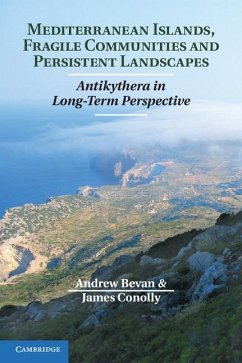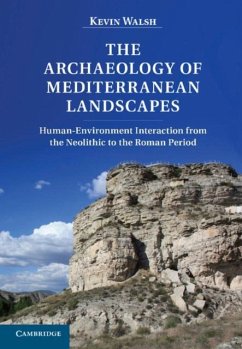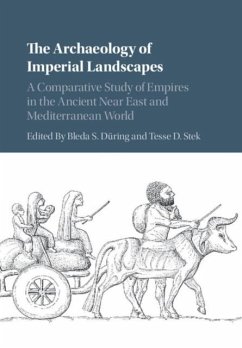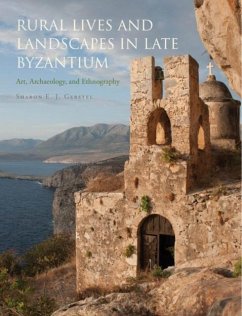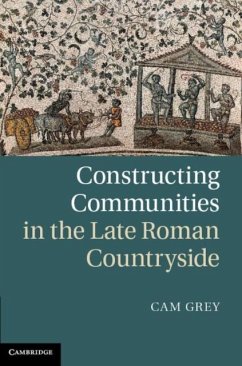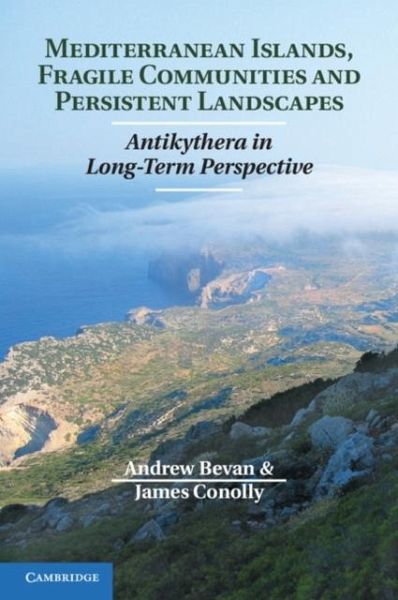
Mediterranean Islands, Fragile Communities and Persistent Landscapes (eBook, PDF)
Antikythera in Long-Term Perspective
Versandkostenfrei!
Sofort per Download lieferbar
63,95 €
inkl. MwSt.
Weitere Ausgaben:

PAYBACK Punkte
32 °P sammeln!
Mediterranean landscape ecology, island cultures and long-term human history have all emerged as major research agendas over the past half-century, engaging large swathes of the social and natural sciences. This book brings these traditions together in considering Antikythera, a tiny island perched on the edge of the Aegean and Ionian seas, over the full course of its human history. Small islands are particularly interesting because their human, plant and animal populations often experience abrupt demographic changes, including periods of near-complete abandonment and recolonization, and Antik...
Mediterranean landscape ecology, island cultures and long-term human history have all emerged as major research agendas over the past half-century, engaging large swathes of the social and natural sciences. This book brings these traditions together in considering Antikythera, a tiny island perched on the edge of the Aegean and Ionian seas, over the full course of its human history. Small islands are particularly interesting because their human, plant and animal populations often experience abrupt demographic changes, including periods of near-complete abandonment and recolonization, and Antikythera proves to be one of the best-documented examples of these shifts over time. Small islands also play eccentric but revealing roles in wider social, economic and political networks, serving as places for refugees, hunters, modern eco-tourists, political exiles, hermits and pirates. Antikythera is a rare case of an island that has been investigated in its entirety from several systematic fieldwork and disciplinary perspectives, not least of which is an intensive archaeological survey. The authors use the resulting evidence to offer a unique vantage on settlement and land use histories.
Dieser Download kann aus rechtlichen Gründen nur mit Rechnungsadresse in A, B, BG, CY, CZ, D, DK, EW, E, FIN, F, GR, HR, H, IRL, I, LT, L, LR, M, NL, PL, P, R, S, SLO, SK ausgeliefert werden.




